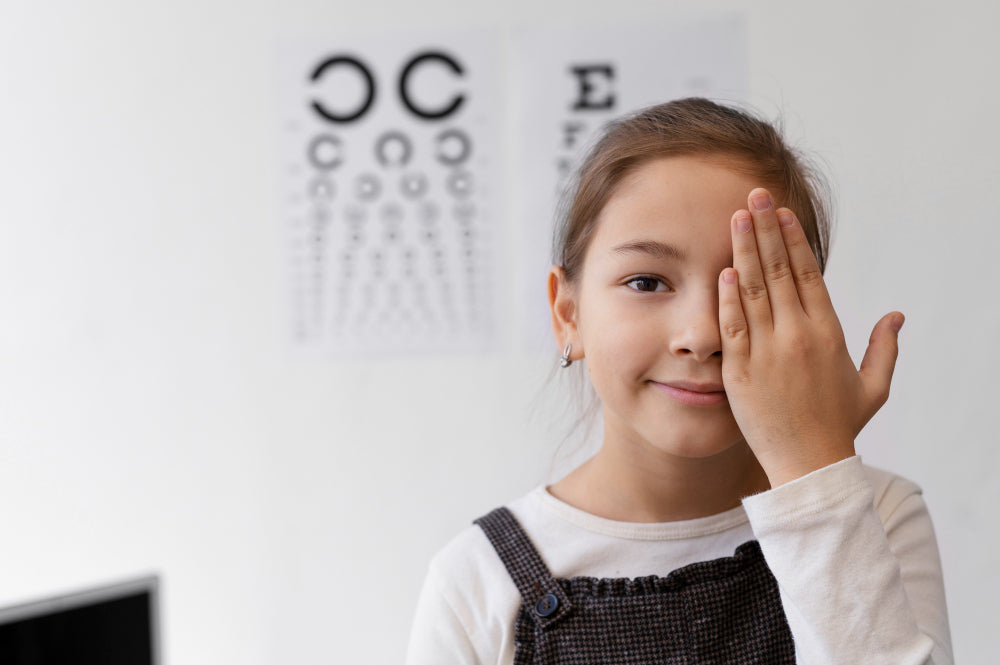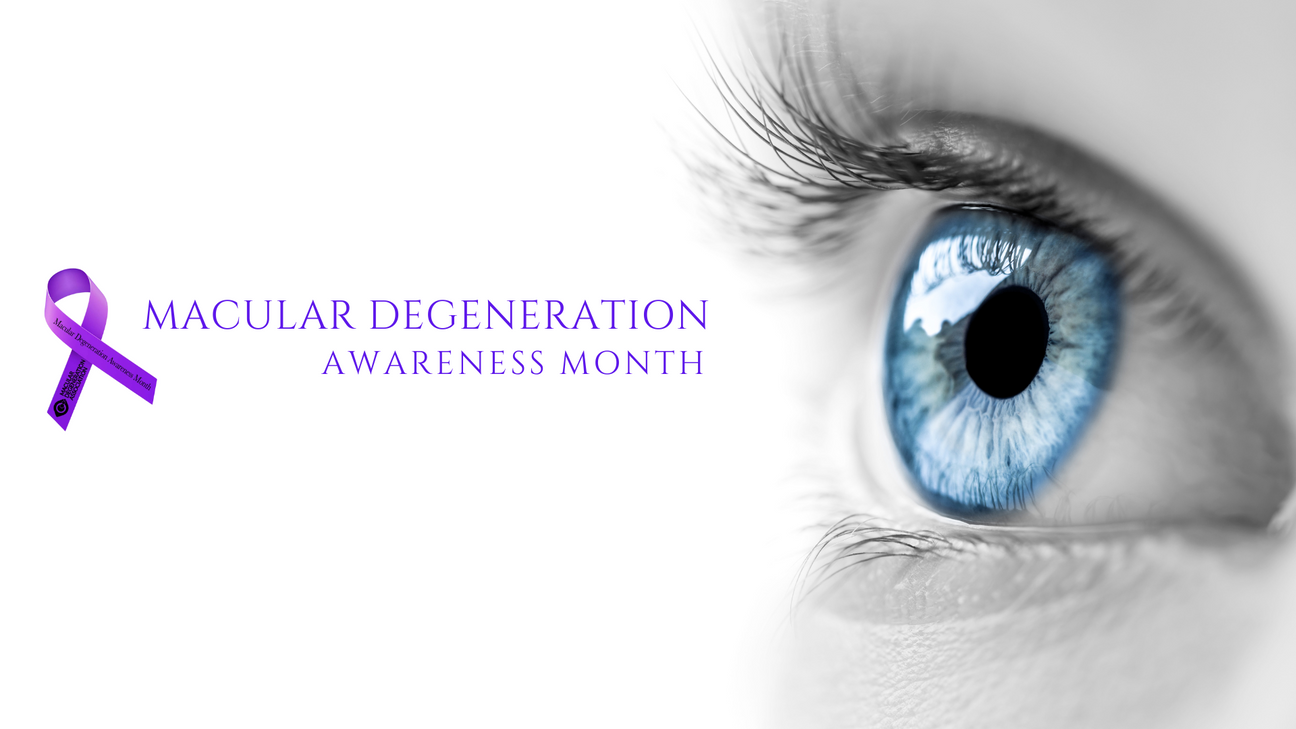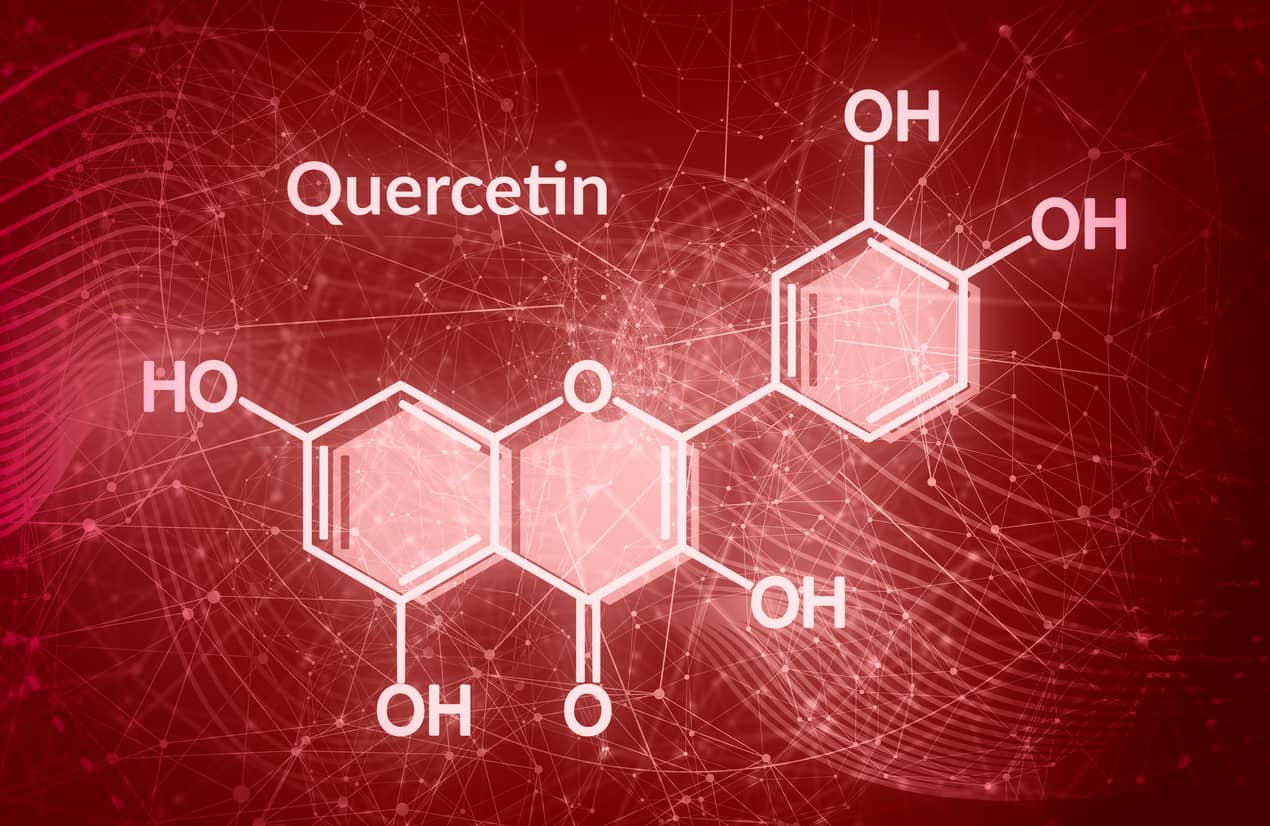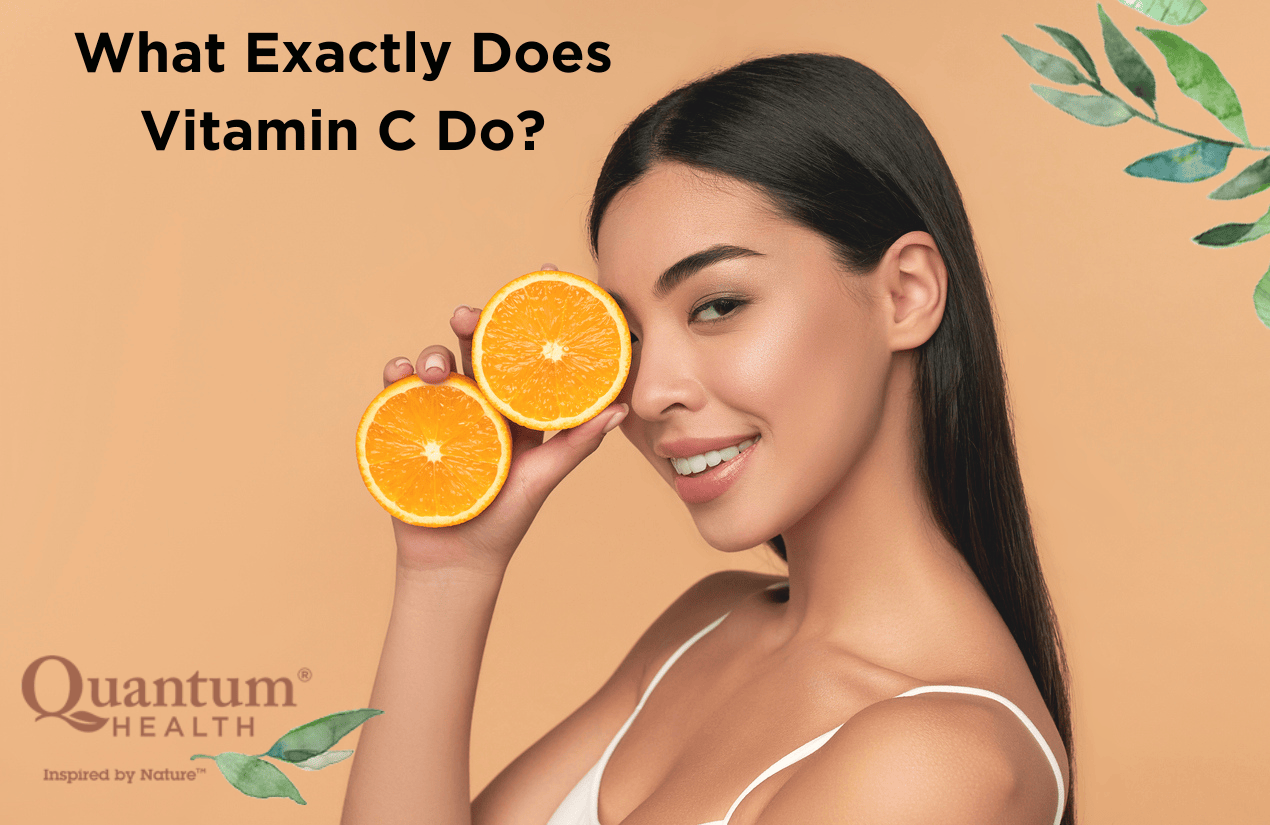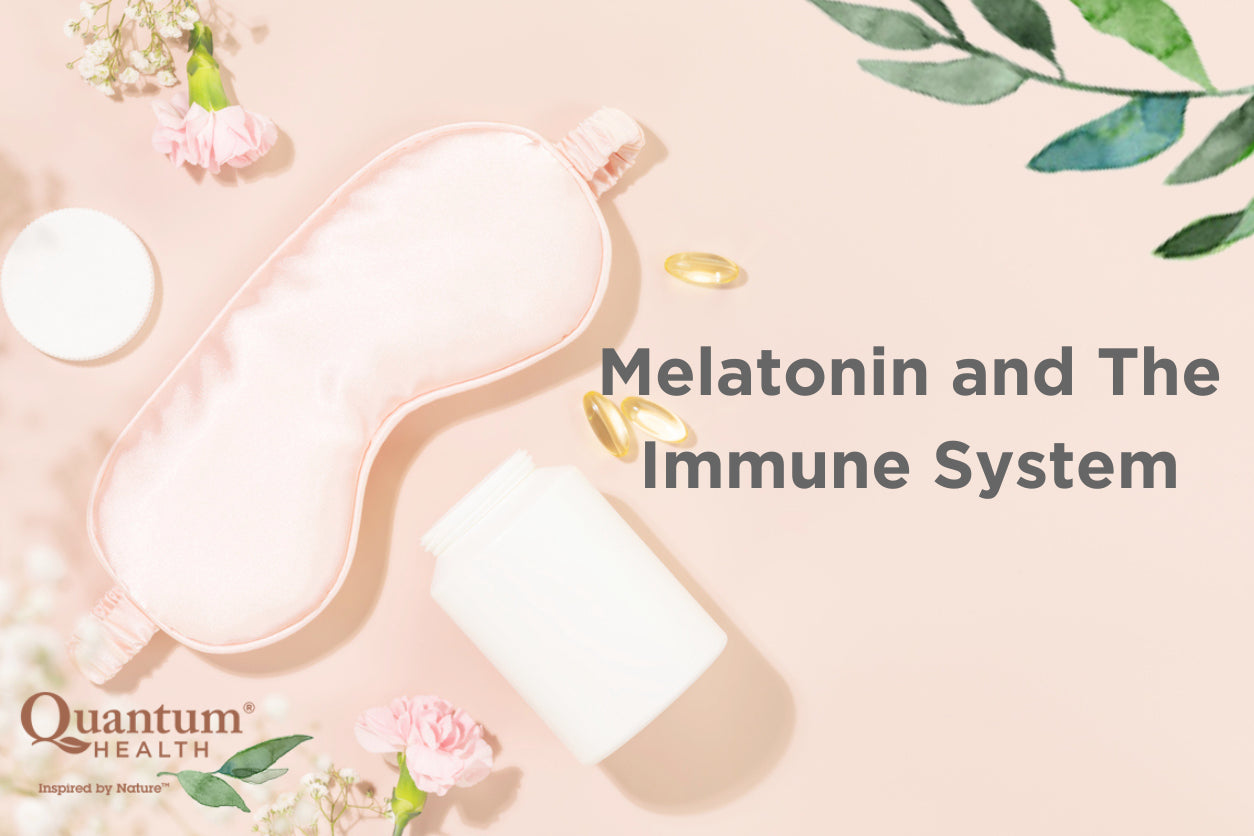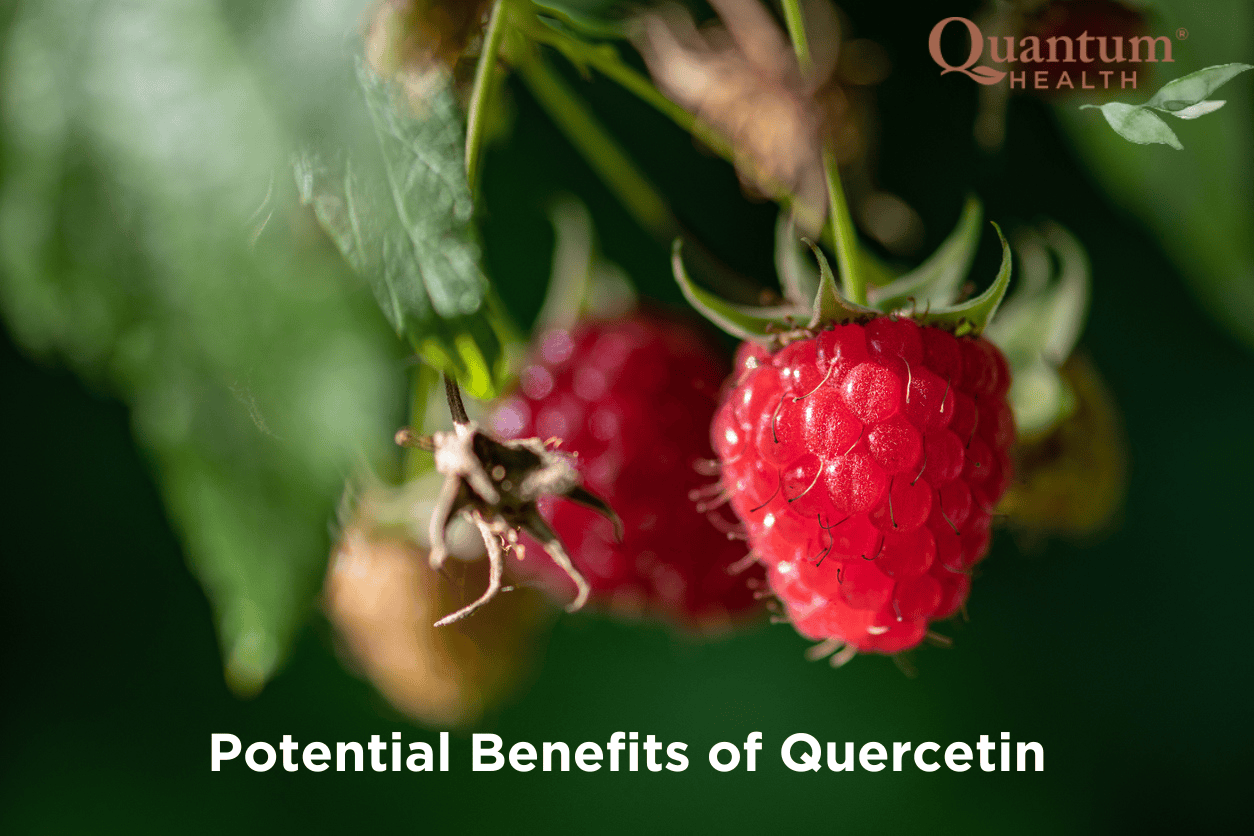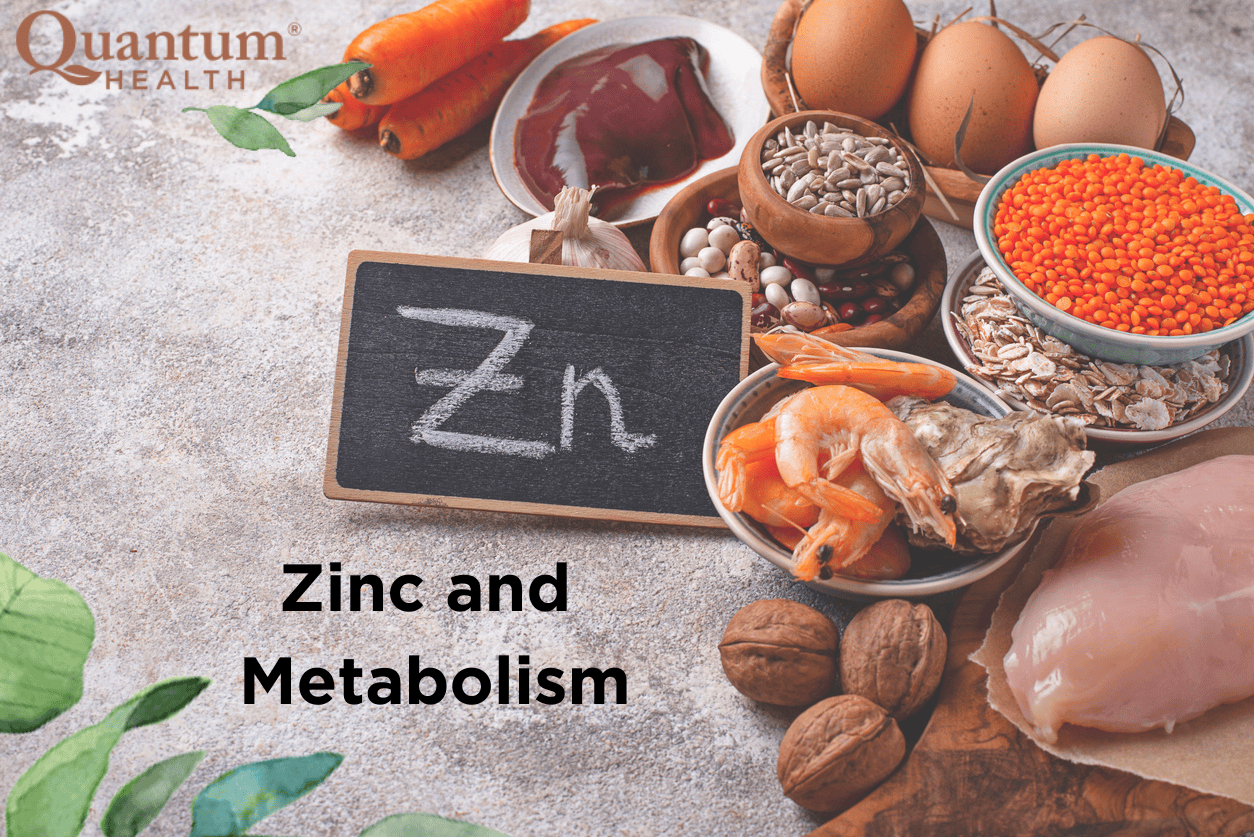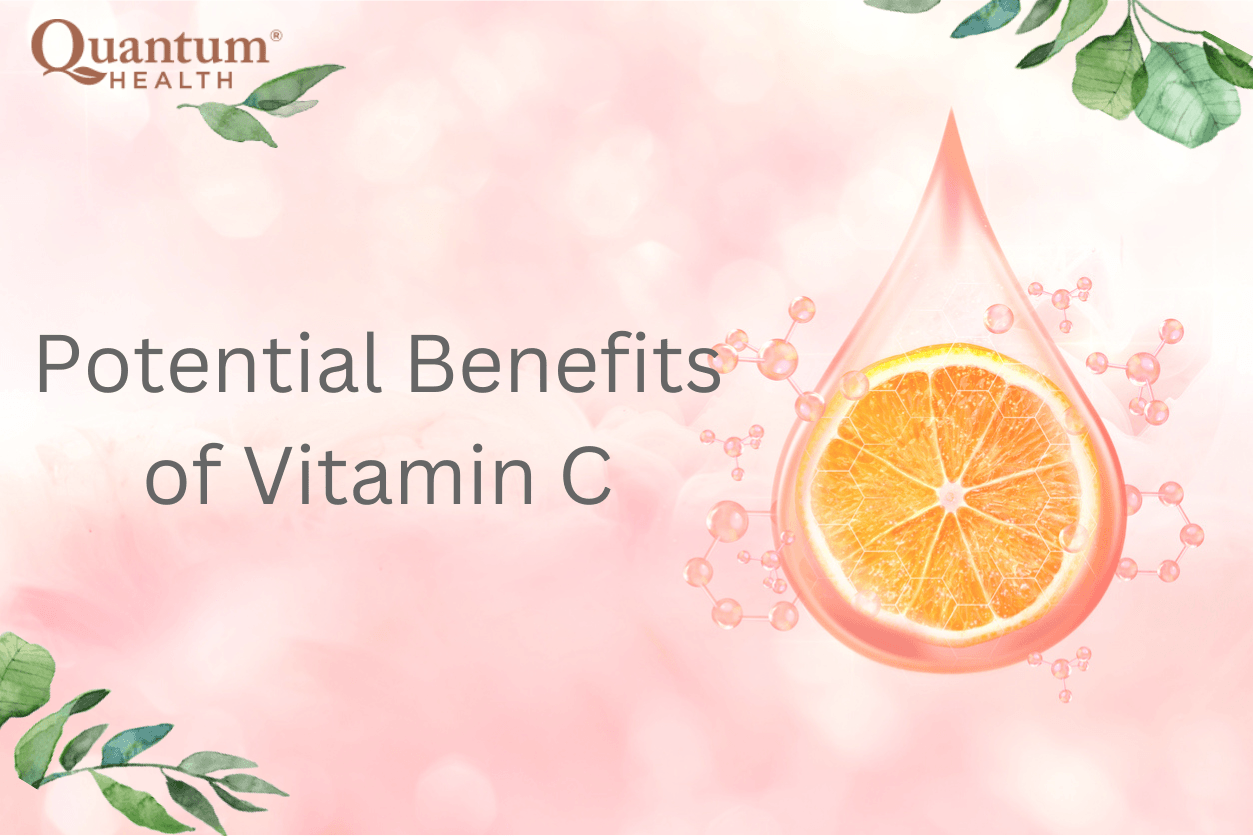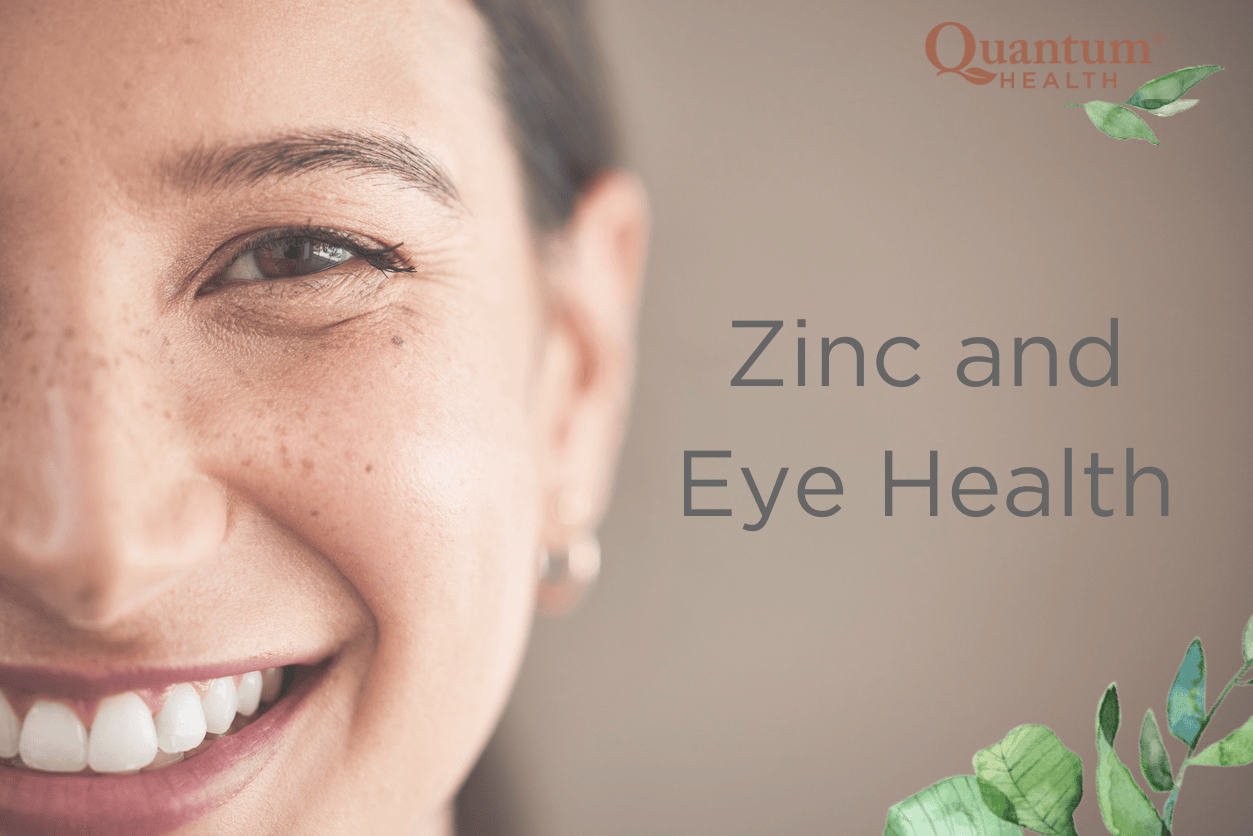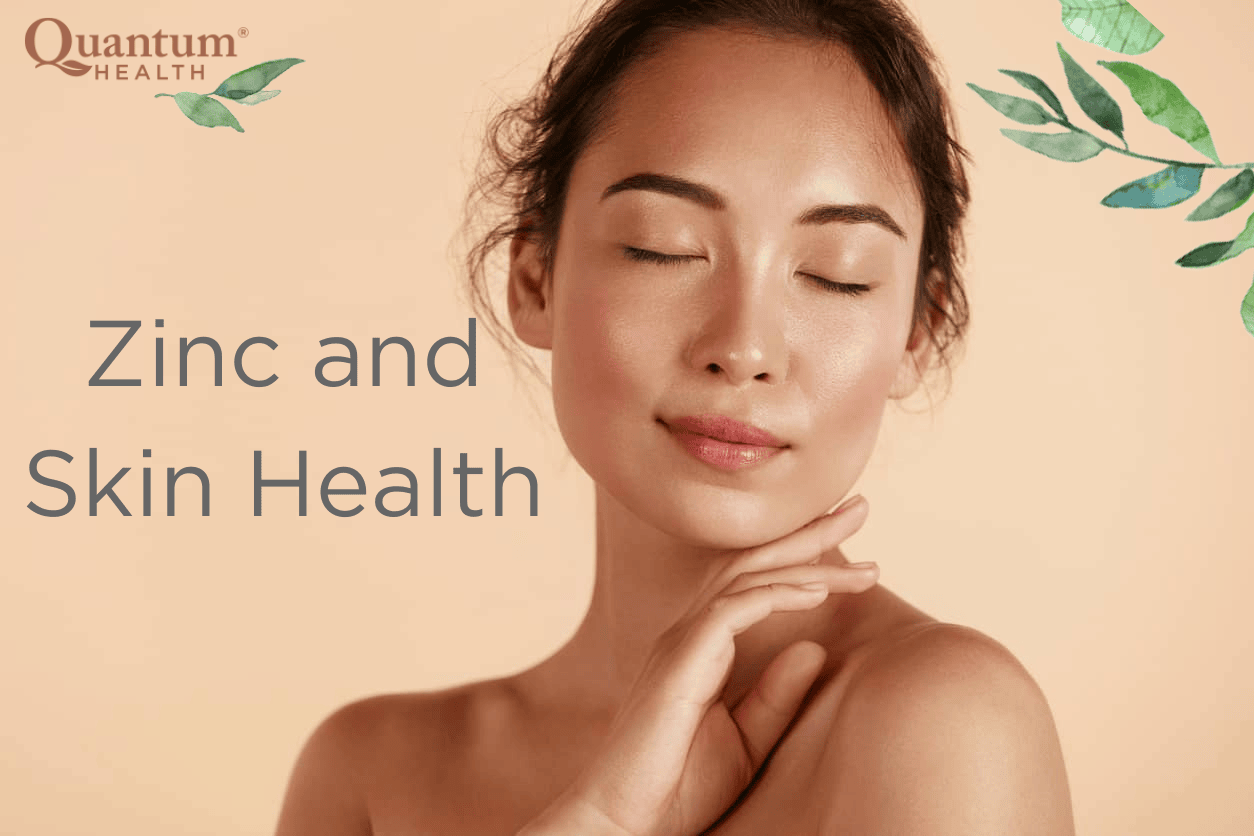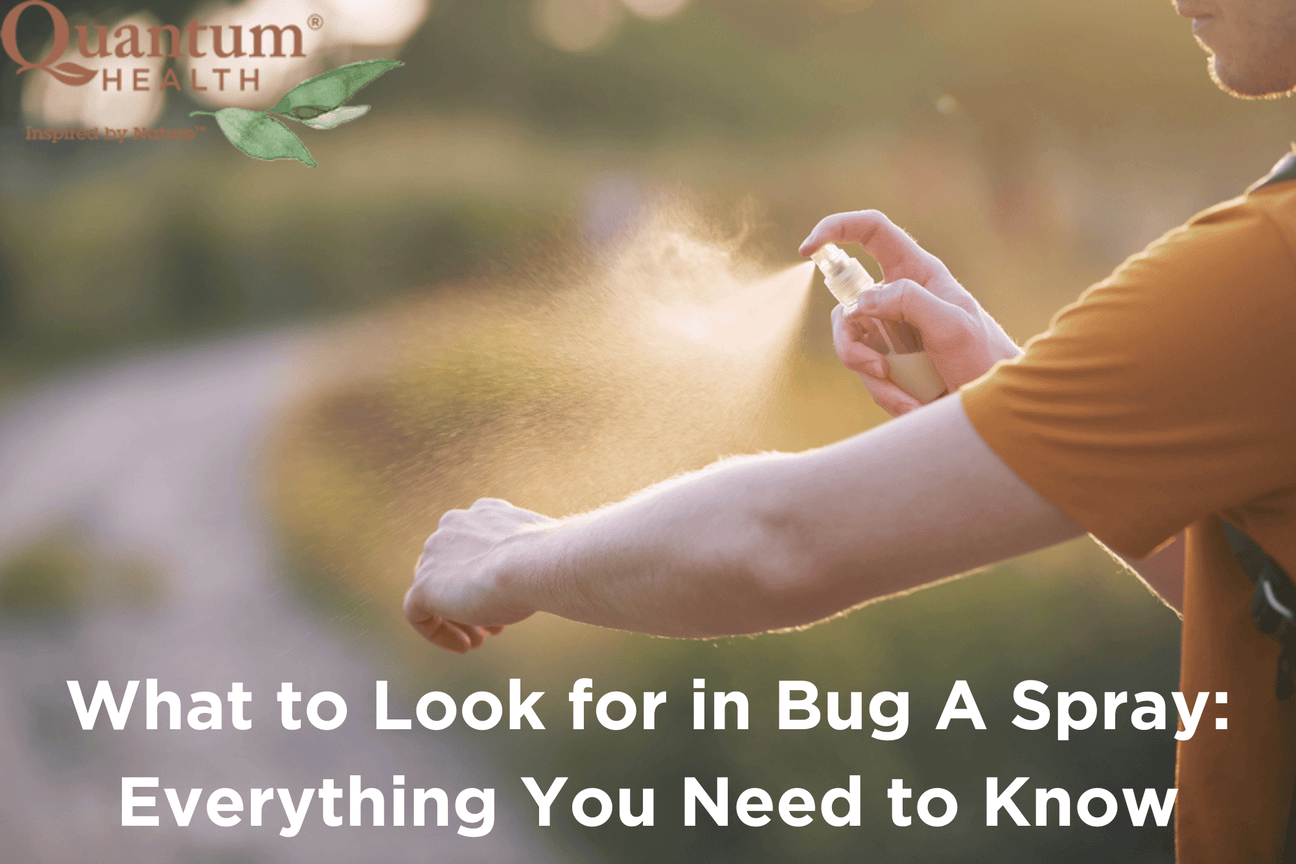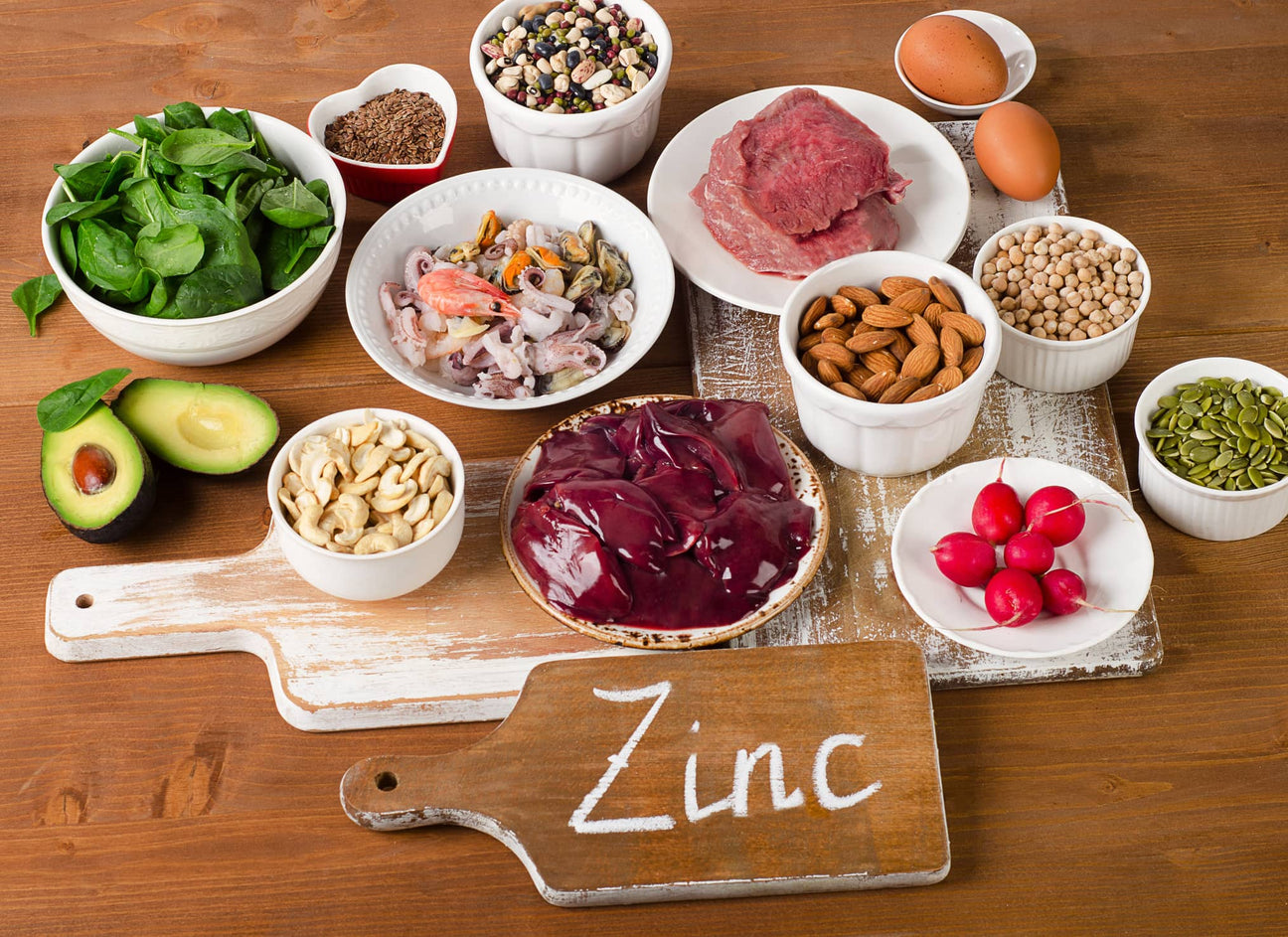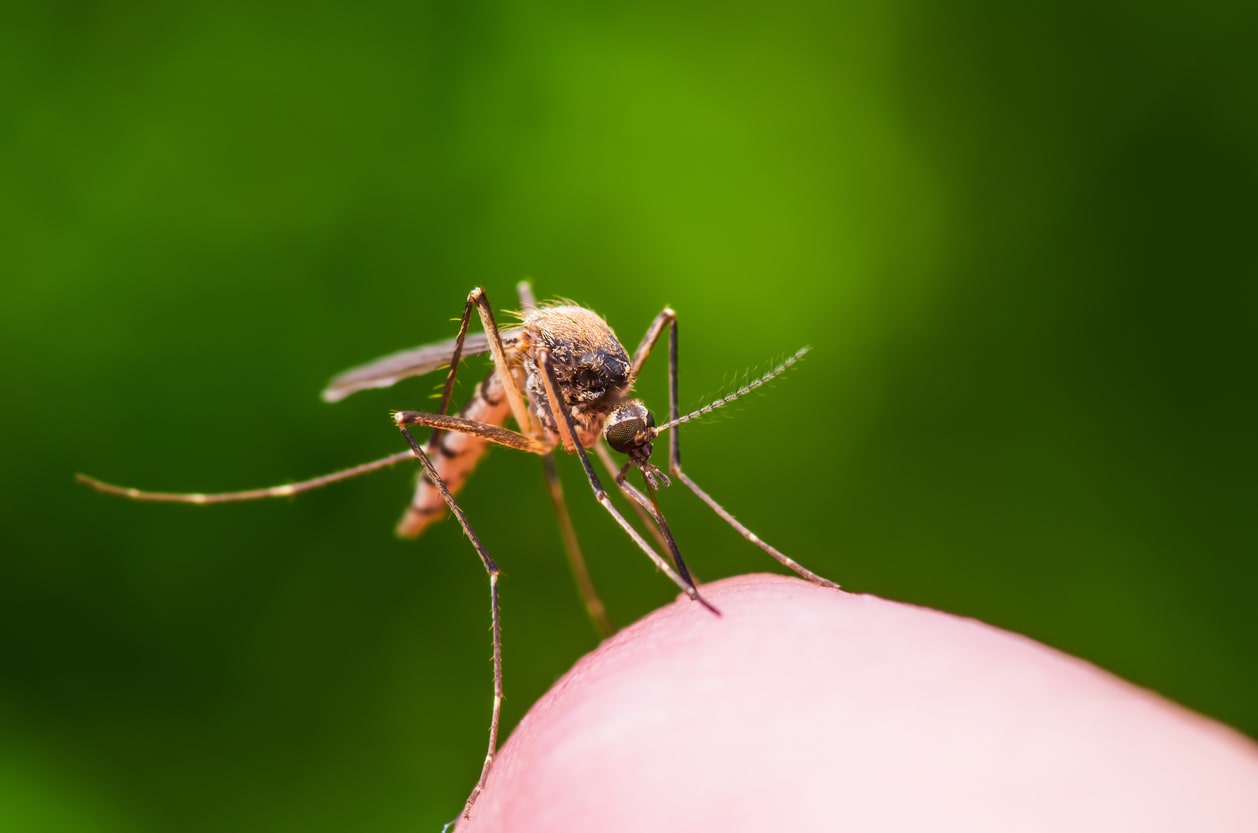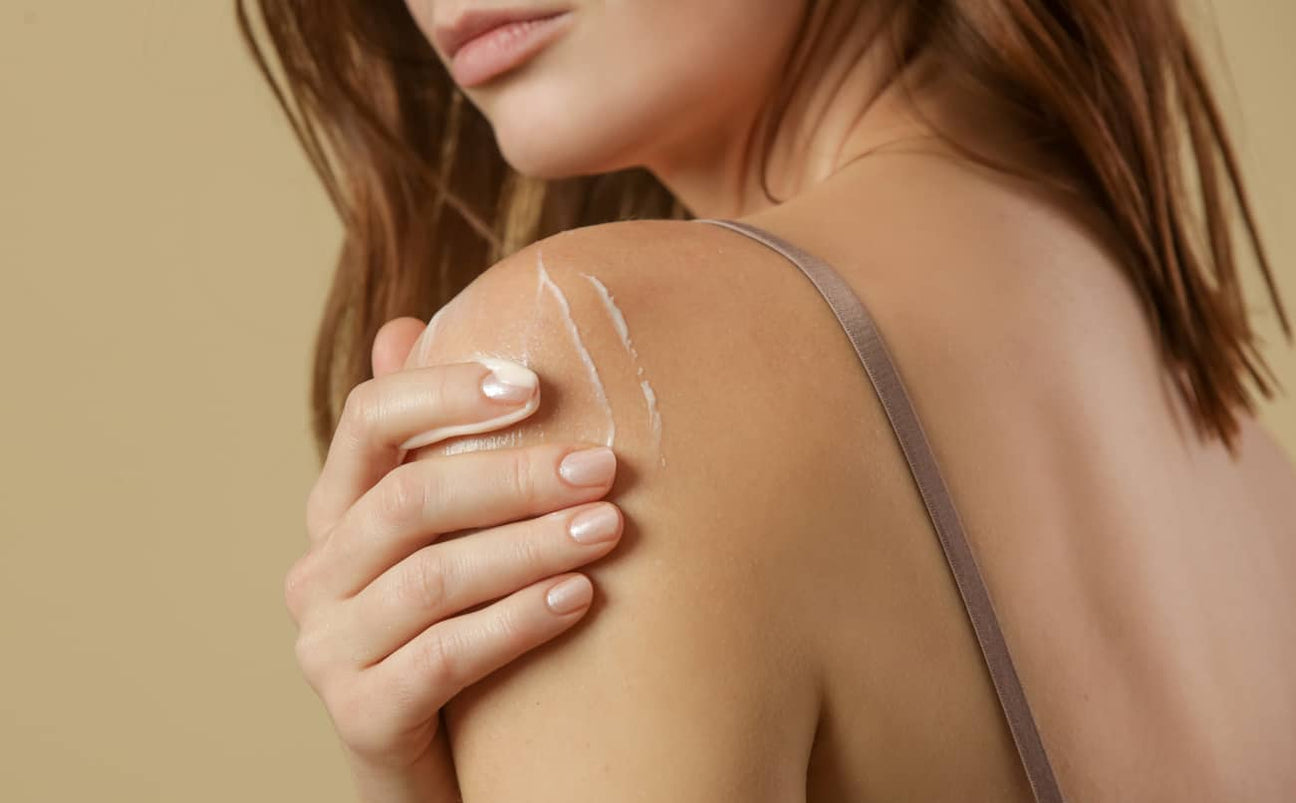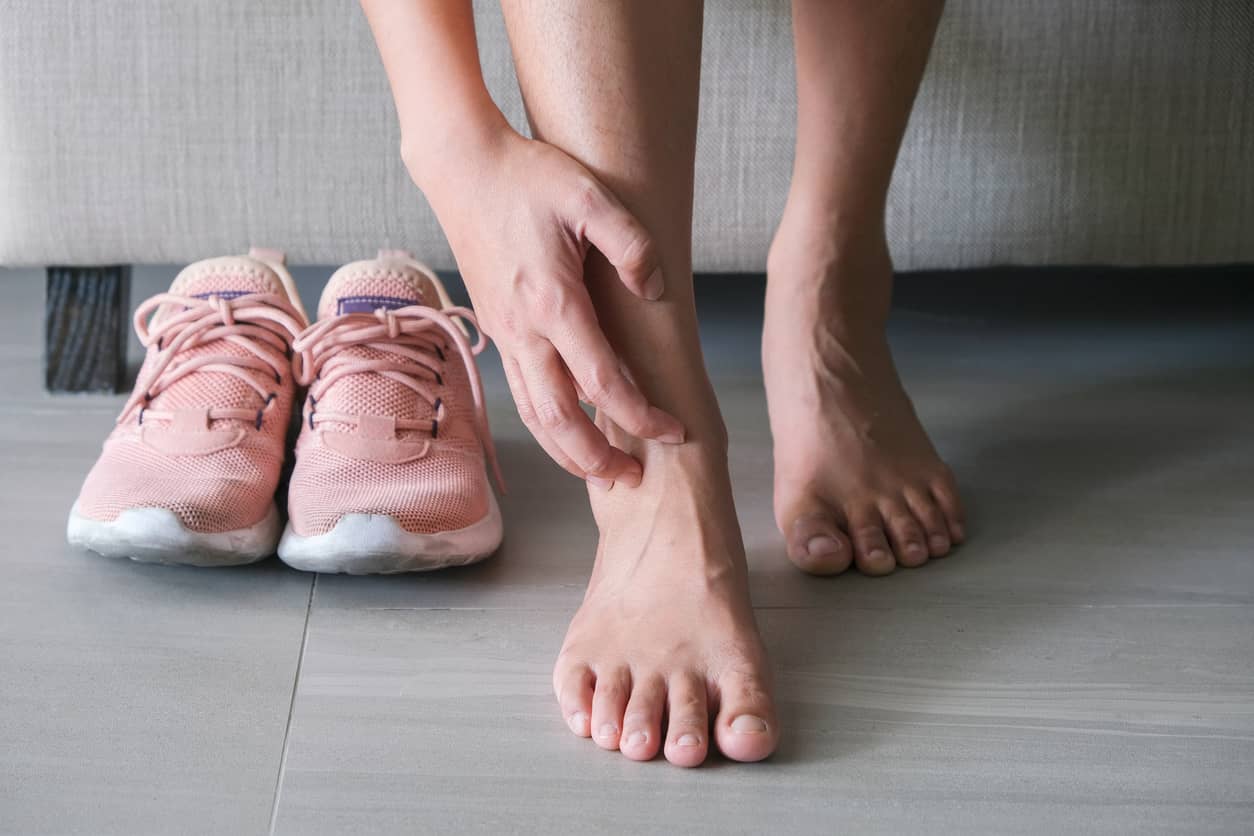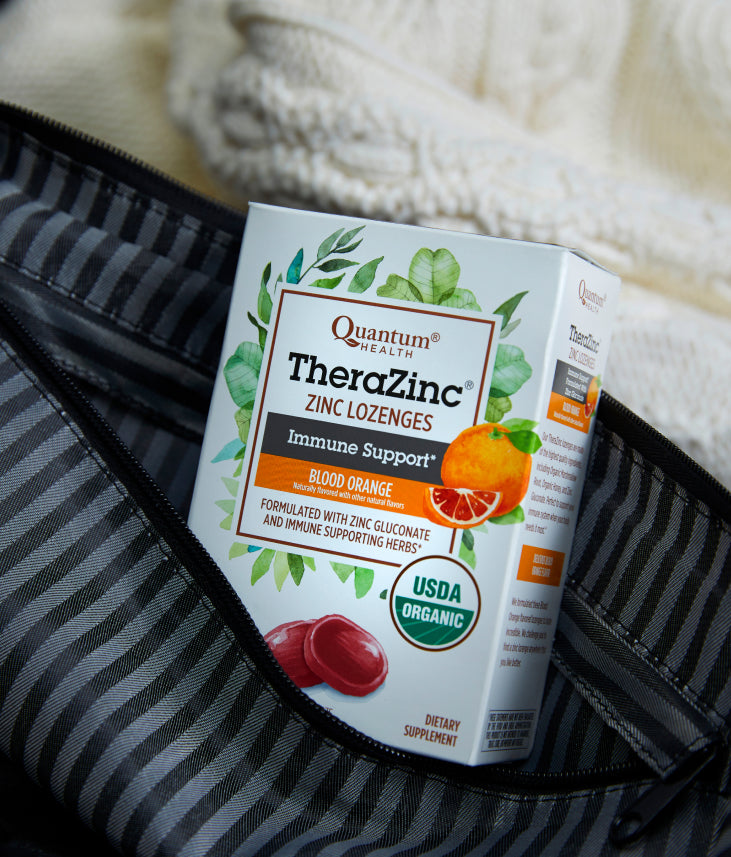Zinc and Eye Health: What You Need to Know
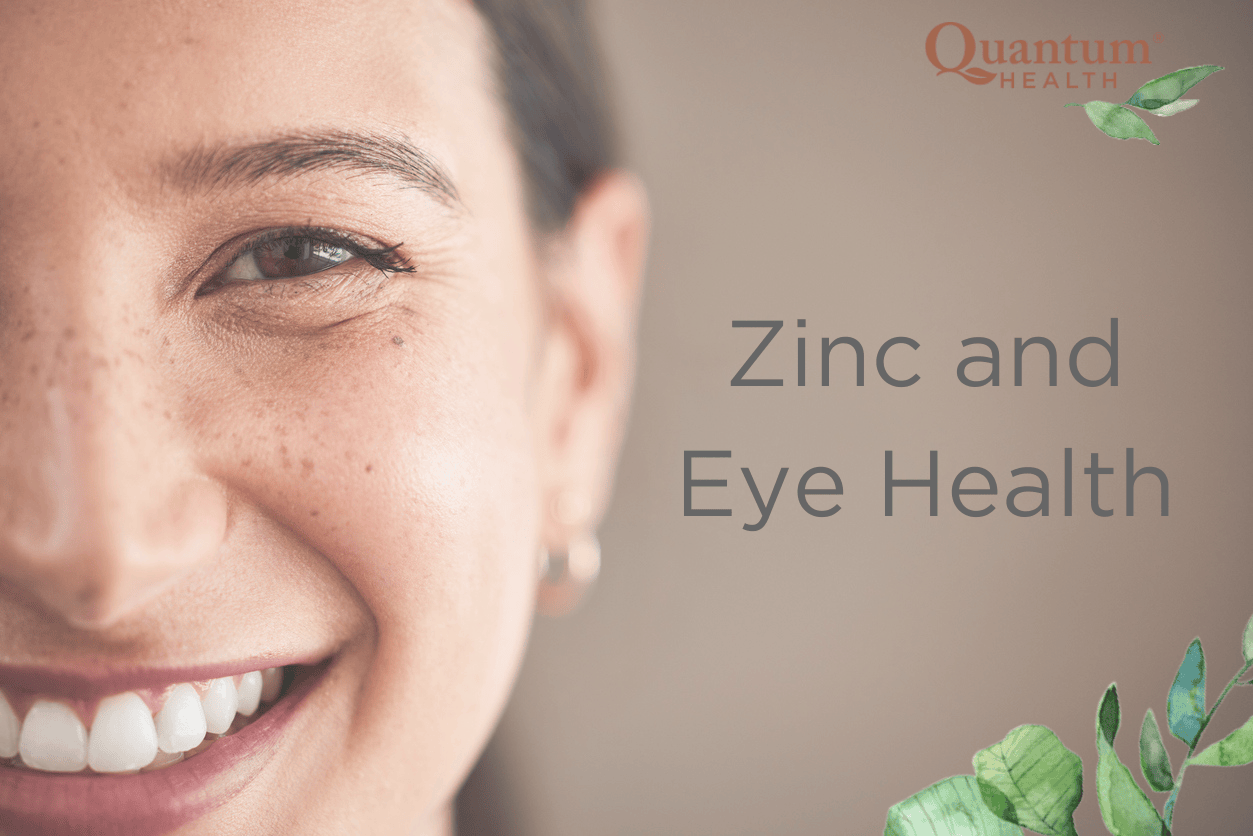
Zinc is often overlooked when discussing the minerals necessary for many body processes. Research has shown a connection between zinc and eye health, arguably one of our body’s most important organs.
So, if you want to learn how zinc impacts eyes, let’s discuss what it does and the role it plays in helping to maintain eye health.
Understanding Zinc: A Key Nutrient
Zinc, unlike vitamins, is an element found in soil and water, . However, you only need very small amounts of zinc in your body, which can potentially help maintain eye health. That’s why zinc is frequently referred to as a trace element or micromineral.
It has been demonstrated that increasing the number of zinc-rich foods in your diet or taking zinc supplements may potentially help your eyes.
Oysters, tofu, wheat germ, black-eyed peas, seafood, and eggs are all excellent sources of zinc. Before beginning any zinc supplement regimen, always be sure to consult with your doctor.
Zinc’s Role in Eye Health
Zinc mostly resides in the vascular layer of tissue directly beneath the retina, facilitating the transfer of vitamin A from the liver to this region. This enables the eye to create melanin, the pigment that gives eyes their color and serves as protection.
The American Optometric Association suggests that consuming 40 to 80 milligrams of zinc daily, as well as other antioxidants like vitamins E and C, may help reduce the rate at which age-related eye health issues progress. Additionally, it may help lessen visual acuity decline.
Zinc and Eye Protection
If you’re wondering more about how zinc impacts eyes, let’s explore the potential benefits of zinc in helping to protect your eye health.
It has been suggested that the antioxidant qualities of zinc can potentially shield the eyes from oxidative stress. A healthy diet or zinc supplements may potentially help lower the chance of developing issues caused by oxidative stress. We also know that zinc contributes to melanin formation, which improves color perception and visual acuity.
So, it’s crucial to ensure you’re getting adequate zinc from your diet. You can enhance your consumption by consuming a zinc-rich diet that includes several types of beans, such as kidney beans, lima beans, and black-eyed peas. Other foods are also high in zinc, such as oysters, lean red meat, chicken, and fortified cereals. If your diet is deficient in zinc, taking zinc supplements can help.
Increase Your Zinc Intake With Quantum Health
Increasing your zinc intake with your diet alone may be challenging. That’s why when you need an extra amount of zinc, check out our 22mg Zinc supplement today. This supplement helps support your immune system and eye health.
Share
Your share can inspire countless others.










